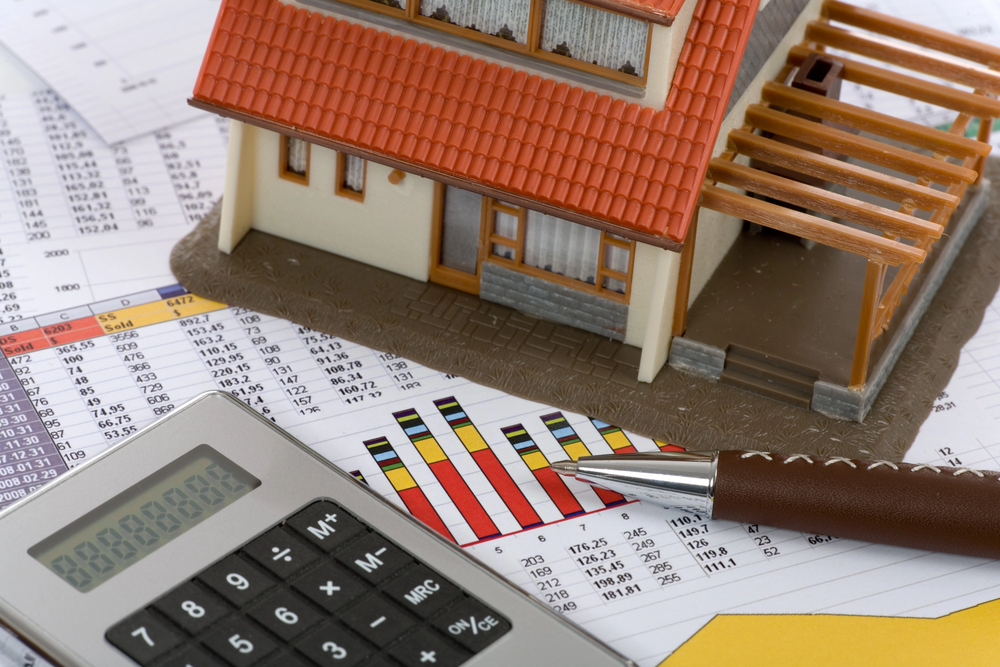Work Out How Much House You Can Afford
When you’re planning to buy a property, working out how much you can afford is the first step in the process. Once you have this, you’ll be able to start looking at properties for sale.
While it may seem like there is a lot to consider when thinking about the right mortgage, this simple-to-use guide will give you a good idea of how to calculate what house you can afford in the UK.
How much mortgage can you afford?
To work out what you can afford, the key is to be realistic. We recommend asking yourself:
How much deposit do I want to put down for a mortgage?
5%? 10%? A bigger deposit will often mean better interest rates. It will also increase the likelihood of attaining a bigger mortgage, but can you afford the monthly repayments of a big mortgage? You may be able to now, but it’s important to work out what would be affordable if you were out of work for a few months or had a large expense you weren’t expecting.
If you don’t have a deposit, you have the option for 100% LTV mortgages, however they often come with higher interest rates. Could it be worth waiting to purchase and spending some time saving up a deposit?
How much house can I afford based on my salary?
Typically, mortgage lenders will lend up to 4.5 times the annual gross income of the borrower – that is your income before tax and national insurance. If there are multiple applicants on the mortgage, this will be the combined income. Of course, you will need to pass the lender’s other credibility checks as part of their affordability assessment.
Some lenders may lend you up to 6 times your income, however it is worth considering whether this is the best option in the long term as, depending on your deposit size, it could mean large monthly repayments.
The 28/36 rule
You can use the 28/36 rule to work out how much you can afford for your monthly repayments.
The rule states that your mortgage repayments should be no more than 28% of your monthly income before tax, and that your total monthly debt should be no more than 36% of your monthly pre-tax income. This debt includes your mortgage, as well as credit card bills, loans and other repayments.
For homeowners: how much could I get from the sale of my current home?
This is where a property valuation could be useful. These free assessments will tell you an accurate, estimated value of your property.
Once you take away the cost of paying off the rest of your current mortgage, you’ll have a better idea of the equity left over to purchase your new home.
Getting an Agreement in Principle
We would recommend consulting a lender or mortgage adviser to see what your maximum possible loan would be.
An Agreement in Principle (AiP) from a lender will tell you how much they may lend you in principle – it is not a contractual obligation. An AiP is useful when working out how much to borrow as it does not show on your credit file, whereas a mortgage application will show on your file, though it will not display the result of the application.
What else to consider
What lenders are looking for
When it comes to getting a mortgage, lenders will primarily consider how much you earn and how much deposit you have.
They will also take into account your credit score, so we recommend you request a credit report from Experian, Equifax or TransUnion – these are the main credit referencing agencies. With your credit report, you can identify what might be flagged as an issue to a lender and fix it. This could include correcting any wrong details, registering for the electoral roll and paying off credit cards.
While lenders have previously stress tested applications to see if borrowers could make payments if interest rates increased, this has been scrapped as of August 1 2022.
Additional costs
When purchasing a property, you need to consider more than just the cost of the house itself. There are various other expenses associated with the moving process to budget for.
These costs may include, but are not limited to:
- Arrangement fee
- Lenders valuation
- Survey
- Legal conveyancing fee
- Stamp duty (first-time buyers do not pay stamp duty on homes up to £300,000)
- Local authority and other search fees
- House hunting fee
- Removal fees and a contingency fund
Once you’re in the property, you also need to take into account what your total outgoings will be on top of your monthly mortgage payments. It’s useful to consider:
- What council tax band you will be in
- What the property’s EPC rating is (the lower the rating, the more inefficient the property, the higher your bills)
- Childcare, car payments, petrol and all other regular outgoings
- Any furniture or renovations your new property may need
- Your average weekly food shop cost
Finally, you want to make sure there’s disposable income leftover to save or spend on nonessentials.
Make moving easier
To make the task a little less daunting, check out our comprehensive guide to buying a house.
This step-by-step process is based on years of industry experience and will ease you through everything from start to finish.
And if you’re interested in buying a property in the North East, why not take a look at our properties for sale in Newcastle and nearby?
Our awarding-winning team are always on hand to offer support and practical assistance too, just get in touch.



